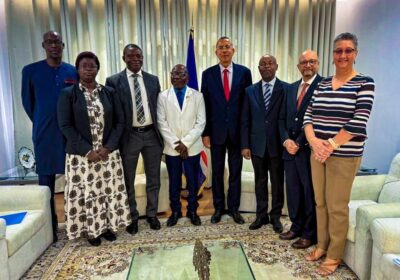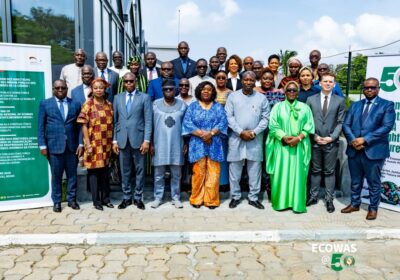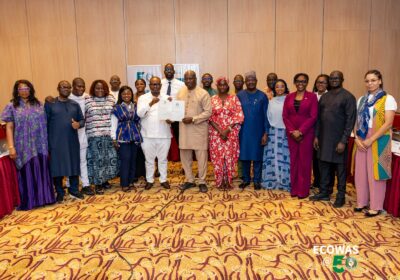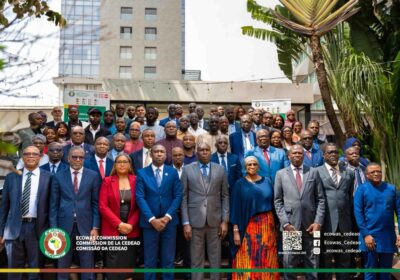DG OKONJO IWEALA: AID FOR TRADE IS VITAL FOR DEVELOPPING COUNTRIES TO BENEFIT FROM TRADE.
By Raymond Enoch
Trade offers up opportunities that developing economies can and should seize, said WTO Director-General Ngozi Okonjo-Iweala at the opening of the 9th Global Review of Aid for Trade on 26 June. Over two and a half days, government officials, heads of international organizations and trade practitioners will share insights on how to better integrate developing economies into global trade. The opening also saw the launch of “Aid for Trade at a Glance 2024”, a co-publication of the WTO and the OECD
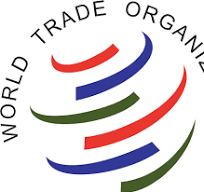
The minister reflected on the significant progress made over the years. However, he stressed that persistent challenges, particularly capacity issues, remain unresolved. He highlighted, in particular, the critical need for tangible, effective measures, especially when it comes to climate change.
Minister Symmonds proposed several key actions. First, he called for establishing “guardrails” or robust frameworks to ensure effective implementation of Aid for Trade. He emphasized the need for innovative financing mechanisms, such as the 2022 Bridgetown Initiative, which calls for blended financing and sustainability investments.
Moreover, Minister Symmonds underlined the importance of ensuring the entry into force of the Agreement on Fisheries Subsidies and completing the second wave of negotiations for additional provisions relating to curbing overcapacity and overfishing. He drew attention to a communiqué on fisheries subsidies circulated by over 30 WTO members.
Finally, European Union Commissioner for International Partnerships Jutta Urpilainen delivered a video statement highlighting the pressing need for decisive international action to promote sustainable development amid concurrent global crises.
“One of the most powerful tools at our disposal is trade,” Commissioner Urpilainen stated, emphasizing the role of multilateral cooperation in building a more prosperous and inclusive global trading system. She stressed that the EU and its member states remain the largest provider of Aid for Trade, contributing over 40% of global aid in recent years.
EU Aid for Trade initiatives focus on building capacity to meet technical standards, developing necessary infrastructure, and promoting the inclusion of women and vulnerable groups in international trade, she said. Additionally, the EU is using Aid for Trade to address global crises such as food security. In response to the war in Ukraine, it has collaborated with partner countries to strengthen global agricultural value chains and boost production, she added.




